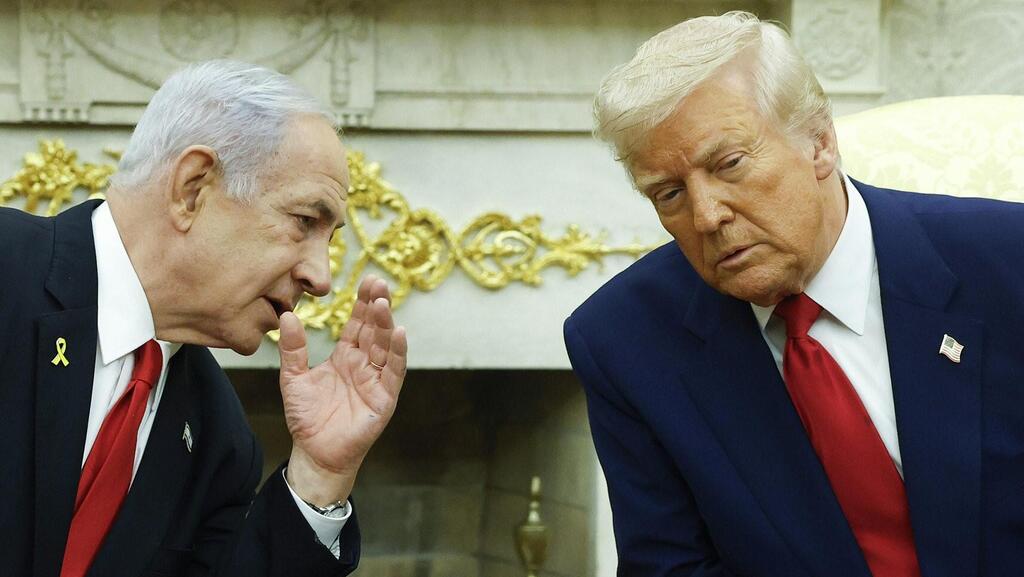The move signals a new round of upheaval — not only for families now facing renewed deployments of parents but especially for the hostages’ families, who are demanding answers from the military and government about their loved ones' fate.
Under the plan, some reservists will replace conscripts stationed outside southern Israel, freeing up forces for combat in Gaza. Others will be sent directly into the Strip. The strategic push follows the collapse of indirect ceasefire negotiations, which failed after Israel refused to proceed to the second phase of the previous ceasefire and hostage release deal.
According to a senior IDF official, the military is now preparing to implement what’s been described as a decisive campaign to defeat Hamas: “We’re heading for a significant change in Gaza — a broad, decisive move in areas we haven’t operated in before, using a different approach.”
The number of aid trucks entering Gaza will be significantly reduced from the current level of around 650 per day. Still, IDF Chief of Staff Eyal Zamir assured the Cabinet that enough aid would be provided to avoid famine, in an effort to preserve international legitimacy.
2 View gallery


Prime Minister Benjamin Netanyahu, U.S. President Donald Trump
(Photo: Kevin Dietsch, GettyImages)
That legitimacy, however, is increasingly fragile outside the U.S. In Europe, diplomatic support for Israel has sharply declined and it remains unclear whether the new approach will change minds in European capitals like Paris, London or Berlin.
That visit — expected mid-May — could complicate or delay any wide-scale military operation. If Trump’s goal is to secure regional agreements rather than pick fights with allies like Saudi Arabia or Qatar, the anticipated ground offensive is unlikely to take the form of a full multi-division assault in the immediate term.
A Western security source told Saudi outlet Al Arabiya that the ship was part of a Hamas-led convoy and claimed it was attempting to provoke confrontation with Israeli forces. The source added that Hamas had used false commercial covers to organize the mission.
 Yossi Yehoshua
Yossi YehoshuaIsrael has not claimed responsibility for the drone strike, which reportedly disabled the ship’s generator, triggered a fire and left it adrift. Rescue teams from Malta and Cyprus evacuated all 16 people on board — 12 crew and four civilians — with no injuries reported.
If Israel truly was behind the operation, it would mark a continuation of covert military action against Hamas beyond the airstrikes and ground operations.
Still, none of these developments change the underlying reality: Israel's national holidays were clouded by anxiety over the fate of the hostages, the growing burden on military families and public unease about the war’s true objectives — both stated and unstated.
It is not only reasonable but essential to demand that decision-makers weigh every cost — strategic, political and human — before moving forward.

